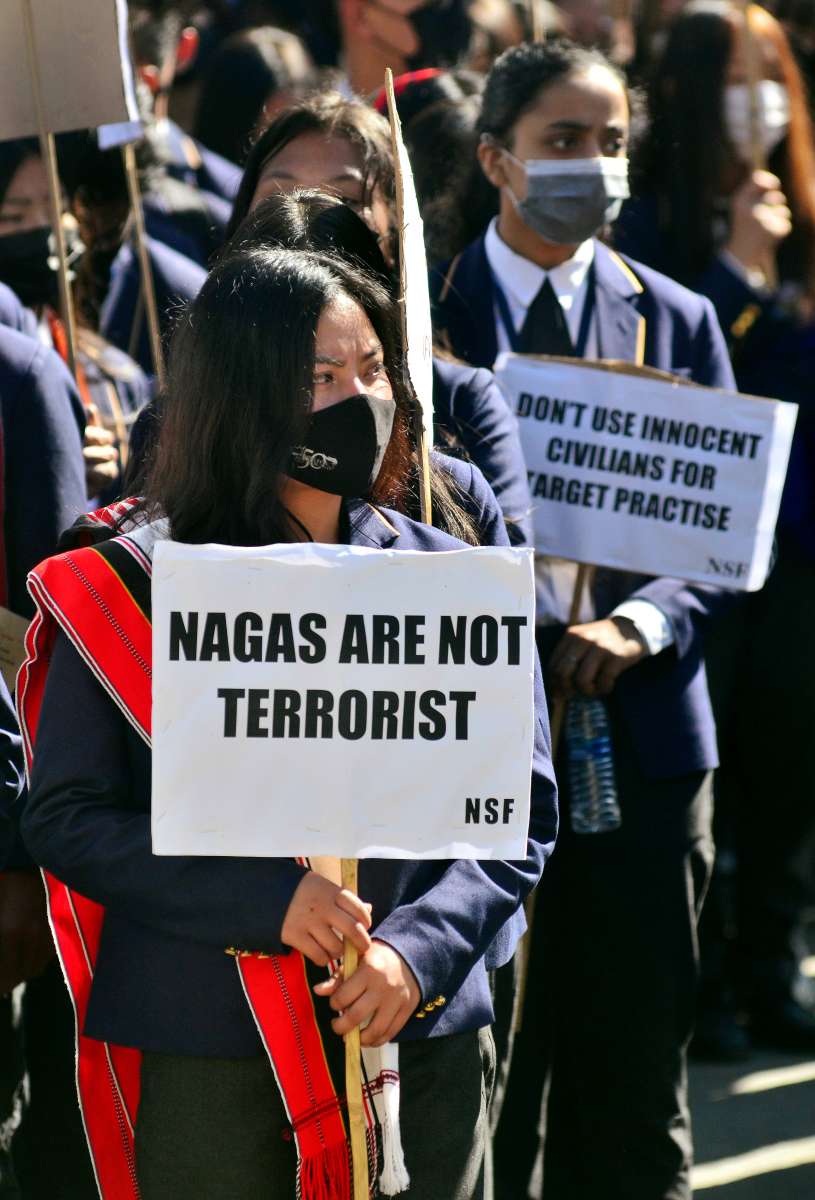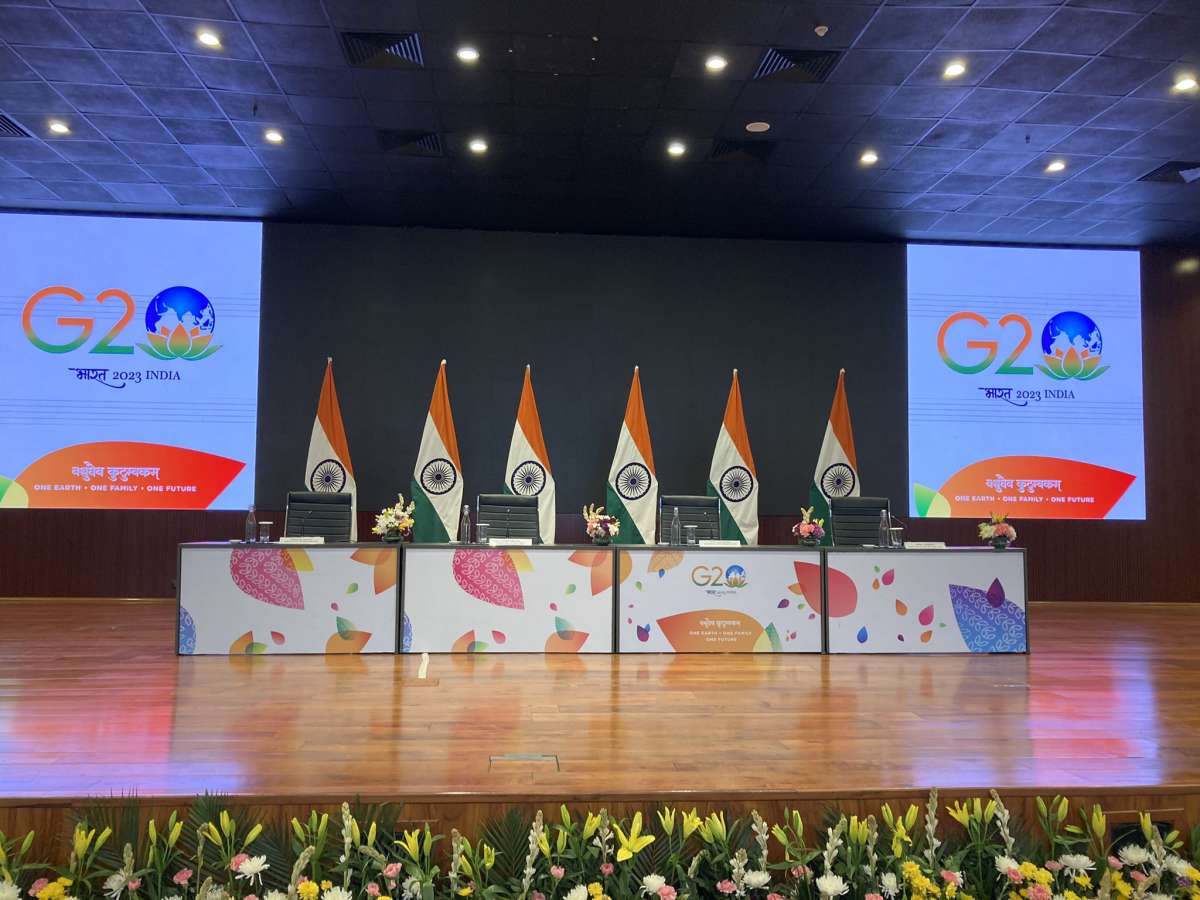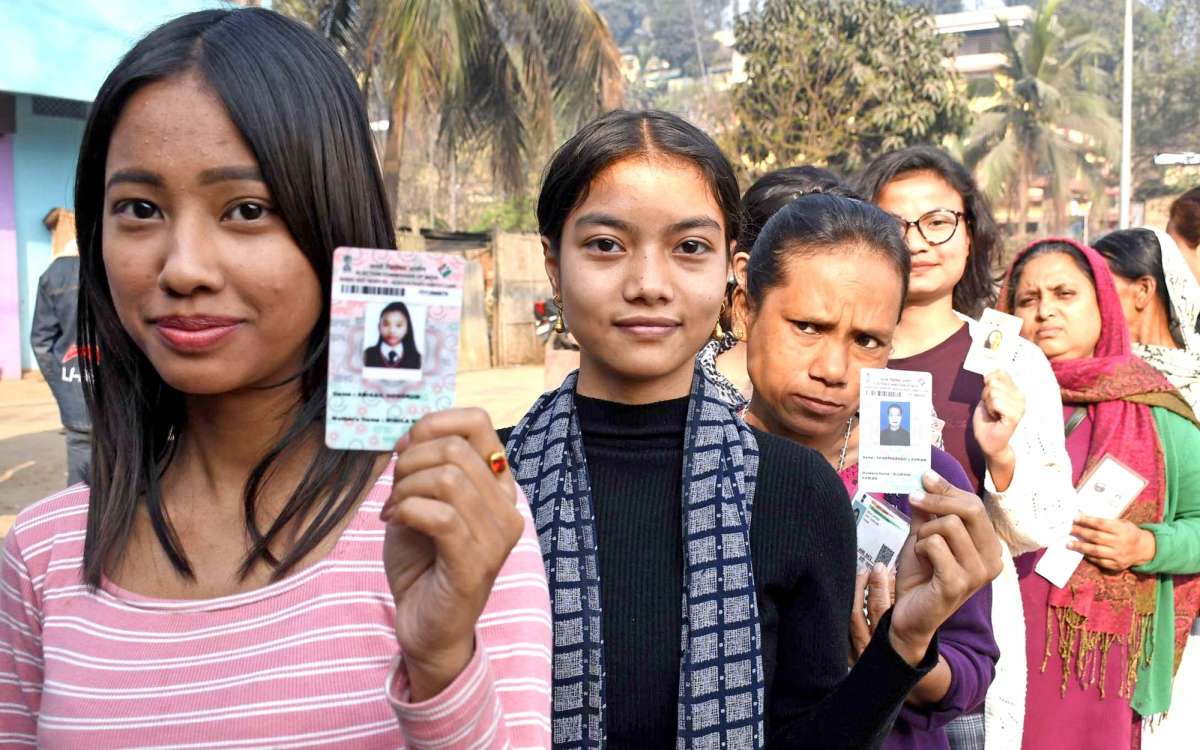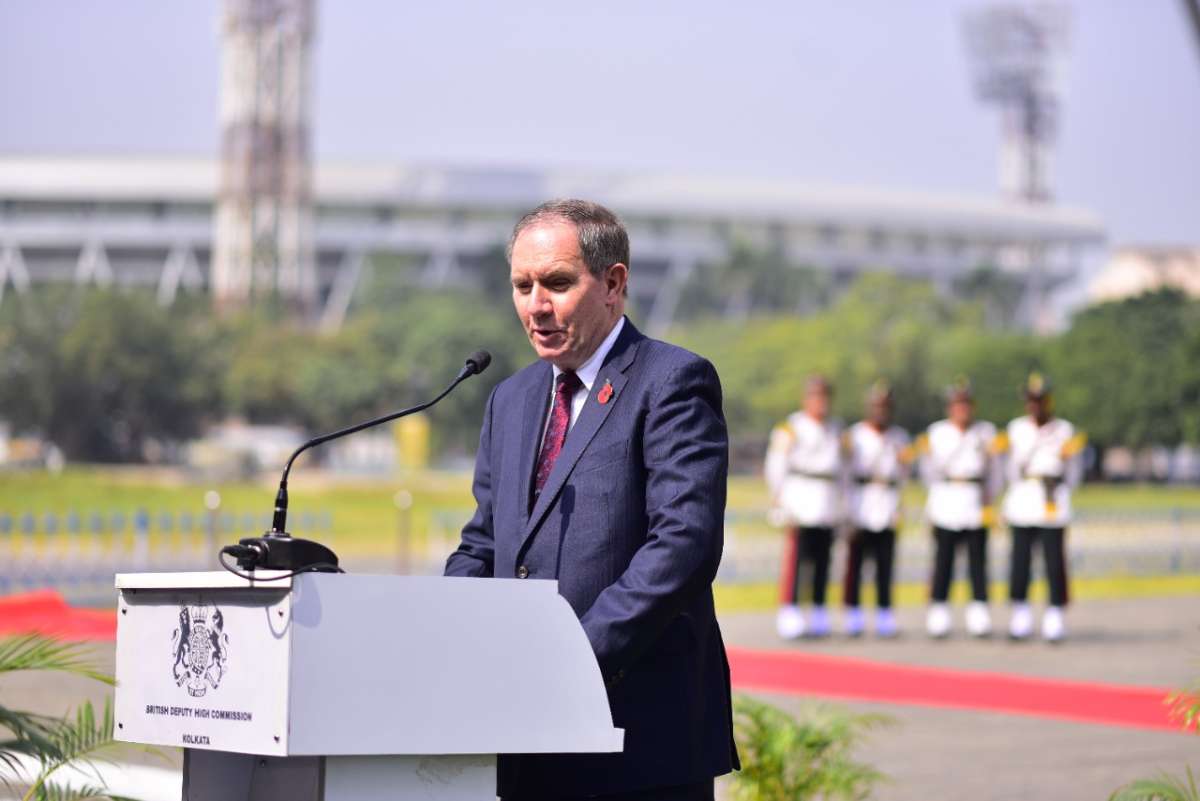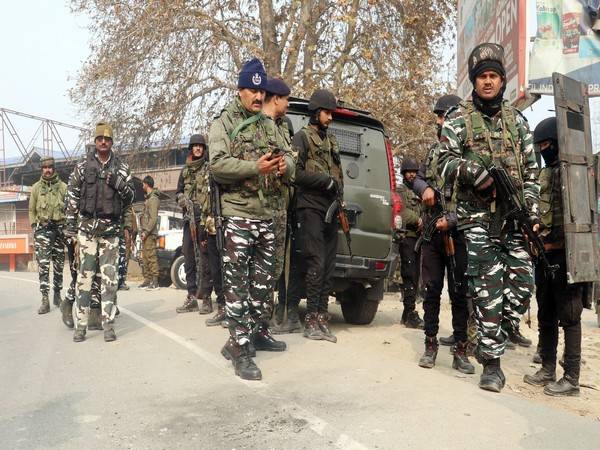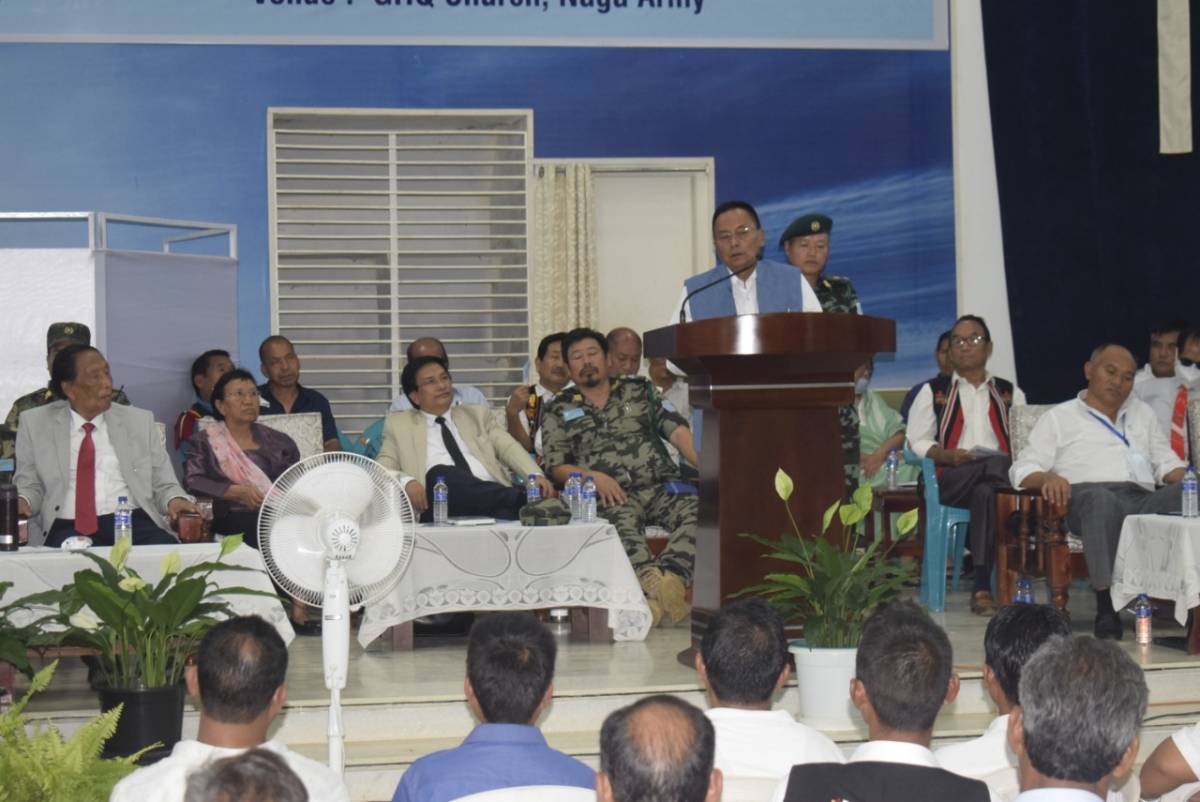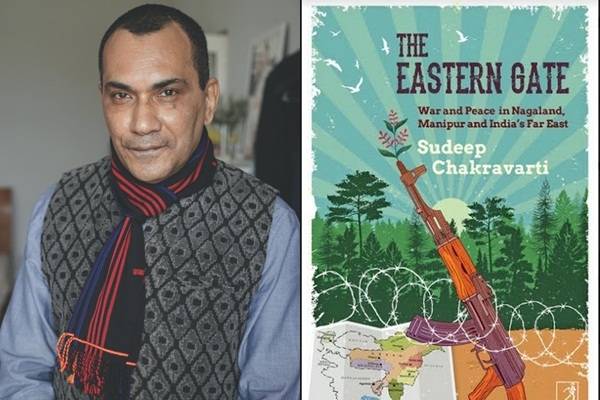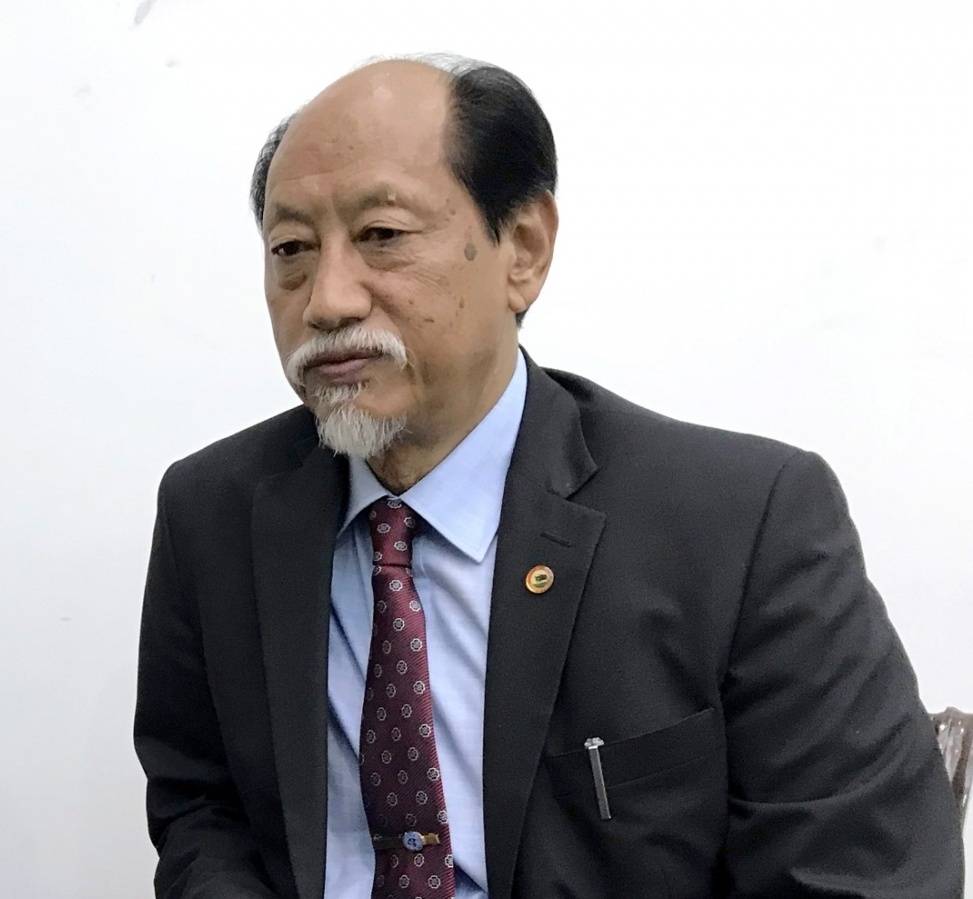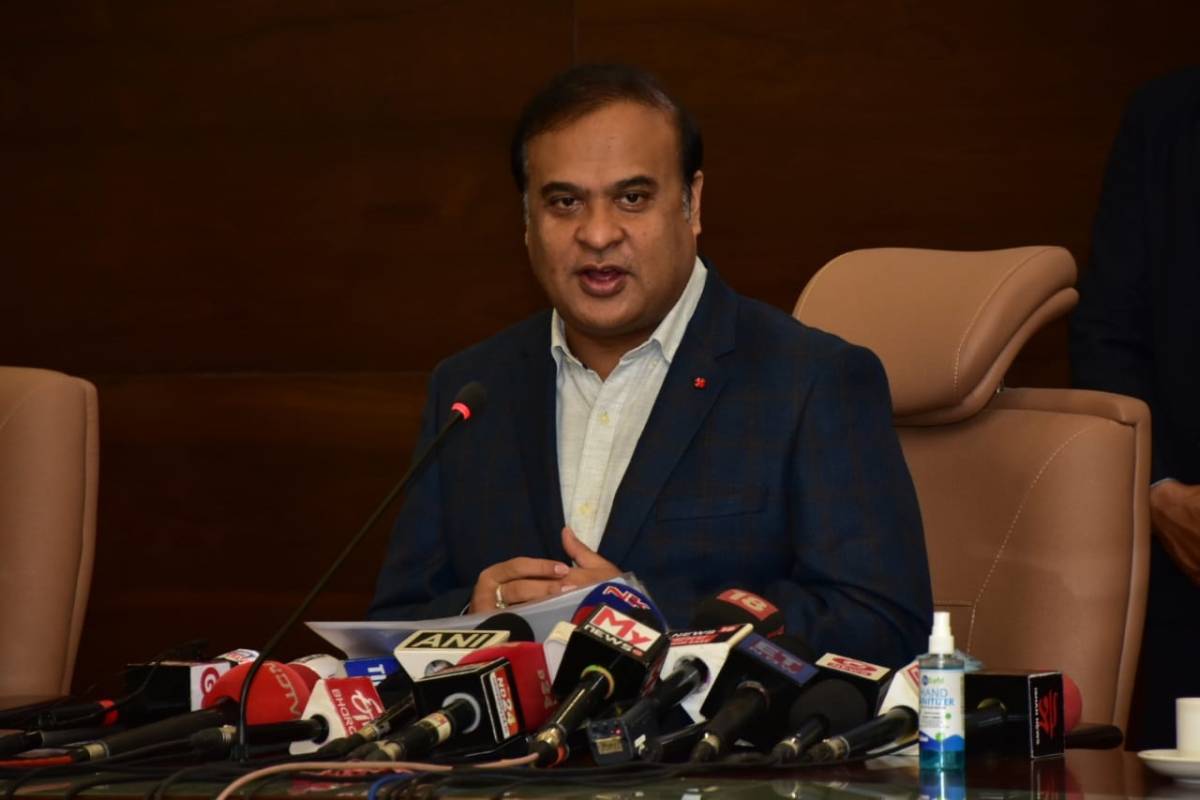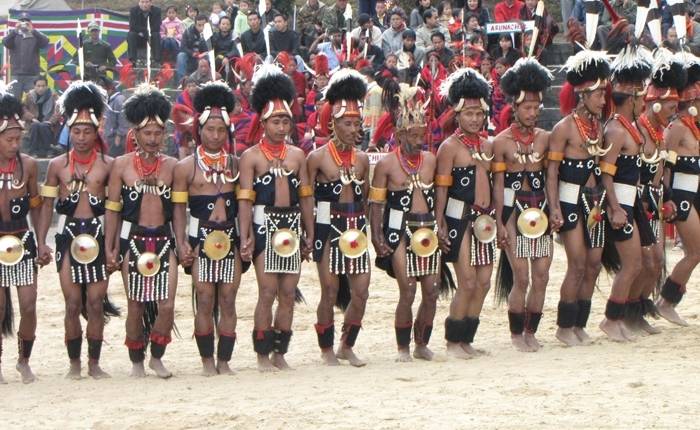One more police station area has been brought under the ambit of the AFSPA through the fresh notification…reports Asian Lite News
The Union home ministry on Friday extended for six months the “disturbed area” status in parts of Arunachal Pradesh and Nagaland under the Armed Forces (Special Powers) Act, 1958.
According to two separate notifications, the decisions have been taken after review of the law-and-order situation in both the states.
The AFSPA gives armed forces personnel, operating in disturbed areas, sweeping powers to search, arrest, and to open fire if they deem it necessary for “maintenance of public order”.
The home ministry said the central government in exercise of the powers conferred by Section 3 of the AFSPA 1958 (28 of 1958) had declared the Tirap, Changlang and Longding districts in Arunachal Pradesh and the areas falling within the jurisdiction of Namsai and Mahadevpur police stations in Namsai district of Arunachal Pradesh, bordering the state of Assam as ‘disturbed area’ on September 30, 2022.
One more police station area has been brought under the ambit of the AFSPA through the fresh notification.
“And whereas a further review of the law and order situation in the state of Arunachal Pradesh has been undertaken. Now, therefore, Tirap, Changlang and Longding districts in Arunachal Pradesh and the areas falling within the jurisdiction of Namsai, Mahadevpur and Chowkham police stations in Namsai district of Arunachal Pradesh, bordering the state of Assam, are declared as ‘disturbed area’ under Section 3 of the Armed Forces (Special Powers) Act, 1958 for a period of six months with effect from April 1, 2023, unless withdrawn earlier,” one of the notifications said.
In the other notification, the home ministry said the central government in exercise of the powers conferred by Section 3 of the AFSPA, 1958 (28 of 1958) had declared nine districts and 16 police stations in four other districts of Nagaland as ‘disturbed area’ for a period of six months with effect from October 1, 2022.
It said, now, the disturbed area status will be applicable in eight districts and 21 police stations areas falling under five other districts.
“And whereas a further review of the law and order situation in the state of Nagaland has been undertaken. Now, therefore, Dimapur, Niuland, Chumoukedima, Mon, Kiphire, Noklak, Phek and Peren districts in Nagaland and the areas in Nagaland falling within the jurisdiction of i) Khuzama, Kohima North, Kohima South, Zubza and Kezocha police stations in Kohima District; ii) Mangkolemba, Mokokchung-I, Longtho, Tuli, Longchem and Anaki ‘C’ police stations in Mokokchung District; iii) Yanglok police station in Longleng District; iv) Bhandari, Champang and Ralan police stations in Wokha District; and v) Ghatashi, Pughoboto, Satakha, Suruhuto, Zunheboto and Aghunato police stations in Zunheboto District, are declared as ‘disturbed area’ under Section 3 of the Armed Forces (Special Powers) Act, 1958 for a period of six months with effect from April 1, 2023, unless withdrawn earlier,” the notification said.
ALSO READ-AFSPA extended in 9 Nagaland districts

